Key disruptors from the digital world meet leading figures from politics, business, culture and art: For the twelfth time, Hubert Burda Media has brought together around 1,500 international guests and 150 speakers in Munich’s HVB Forum for the DLD (Digital, Life, Design) innovation confer-ence on 17 – 19 January – immediately before the World Economic Forum in Davos.
DLD16: Digital visionaries gather in Munich
Key disruptors from the digital world meet leading figures from politics, business, culture and art: For the twelfth time, Hubert Burda Media has brought together around 1,500 international guests and 150 speakers in Munich’s HVB Forum for the DLD (Digital, Life, Design) innovation confer-ence on 17 – 19 January – immediately before the World Economic Forum in Davos.
In her opening speech, DLD founder and managing director Steffi Czerny de-clared that, in its twelfth year, DLD has developed into an ecosystem for digital change. Many speakers returned, and were joined by DLD newcomers shaping the future with their ideas. Dominik Wichmann, DLD managing director and editor-in-chief, emphasised DLD’s role in today’s world: “Digital, Life, Design stands for much more than just this conference. It stands for the way we live today.”
Disruptors at DLD16: Netflix, YouTube, WhatsApp and Airbnb
On the DLD stage, WhatsApp founder Jan Koum exclusively announced the company’s aim to continue offering its service free of charge worldwide. Koum appeared at DLD two years ago, shortly before WhatsApp concluded a deal with Facebook worth billions. Koum explained that this sale allowed WhatsApp to grow, and user numbers have doubled. Nevertheless, they still work independent-ly, “like a start-up”, and are now focusing on innovation and new products.
With Netflix and YouTube in attendance, the “Future of Television” had several distinguished representatives. Netflix founder Reed Hastings declared that the days of linear television viewing are numbered. “Today, people want to watch on any screen, personalised. And they want an application that is constantly devel-oping and improving.” The streaming provider has discovered that its new shows really do work on an international level. Now their goal is further global expansion – in countries like China too, “with a little patience”. Robert Kyncl, Chief Busi-ness Officer at YouTube, had some figures to hand: 400 hours of video material are uploaded to the platform every minute. 20 million YouTube channels are already monetising their moving-image content via contracts with the video platform.
Airbnb founder Nathan Blecharczyk explained the prospects of the service that competes with hostels. Europe is an important market that generates more than half its turnover, and they have particular hopes for the German market.
Europe is changing
DLD16 launched with a day focused on European topics. EU Commissioner for Competition Margrethe Vestager argued for standardised rules for all companies in Europe. When it comes to user privacy, she also advocated the “right to be forgotten”. Vestager commented: “It is important that people have the opportunity to cover their tracks in the digital world as well, or to approve them, depending on what they deem important.” Investor Oliver Samwer, Jens Spahn (CDU), Jere-my Stoppelman (Yelp CEO) and Dominik Stein (EQT Partners) then discussed Europe as a start-up location. Samwer said: “We must not compare ourselves with America, which has a great deal more money at its disposal.” Jens Spahn added: “The big question is, can European companies really keep up? My re-sponse would be: not yet.”
The topic of refugees was also discussed in a European context. Having accom-panied Syrian refugees on their route through Europe, Jody Williams, recipient of the Nobel Peace Prize, was able to report first hand. She appealed that “we must use technology to connect people”.
Infosphere and iconic turn
Art, visual communication and philosophical aspects of digitalising our world also played an important role at DLD16. Marne Levine, Chief Operating Officer at Instagram, spoke about the “iconic turn”. According to Levine, images are becom-ing our new words, even our new language. After all, “images trigger the same emotions across cultures”. Mobile usage will fuel this even further and drive visual communication.
Luciano Floridi, Professor of Philosophy at the University of Oxford, presented his theory of a “fourth revolution” and joined moderator Jeff Jarvis (CUNY), Peter Weibel (ZKM) and Peter Sloterdijk on the DLD stage to discuss our life in the “infosphere”. Floridi stated that the digital does not describe the world, but is writing new chapters in its history. We are now dependent on digital devices: “They can do many things better than we can. And by allowing them to do the job, we ourselves are changing.”
Digital Stars announced
For the fourth time, DLD saw the Focus “Digital Star Award” presented to digital innovations by German companies, research institutions and start-ups. The main prize for the “Innovation of the Year” went to the Munich-based company NavVis. The “Digital Perspective” award for up-and-coming talent was presented to Antelope for the first sports clothing with an integrated EMS system. The “Editor’s Choice” category went to ArtiMinds, a spin-off of the Karlsruher Institute of Tech-nology (KIT).
For more information about DLD16 and image and video material, visit:
www.dld.co
www.burda-news.de
www.flickr.com/hubertburdamedia
www.youtube.com/dldconference
www.twitter.com/DLDconference
www.facebook.com/DLDconference/

